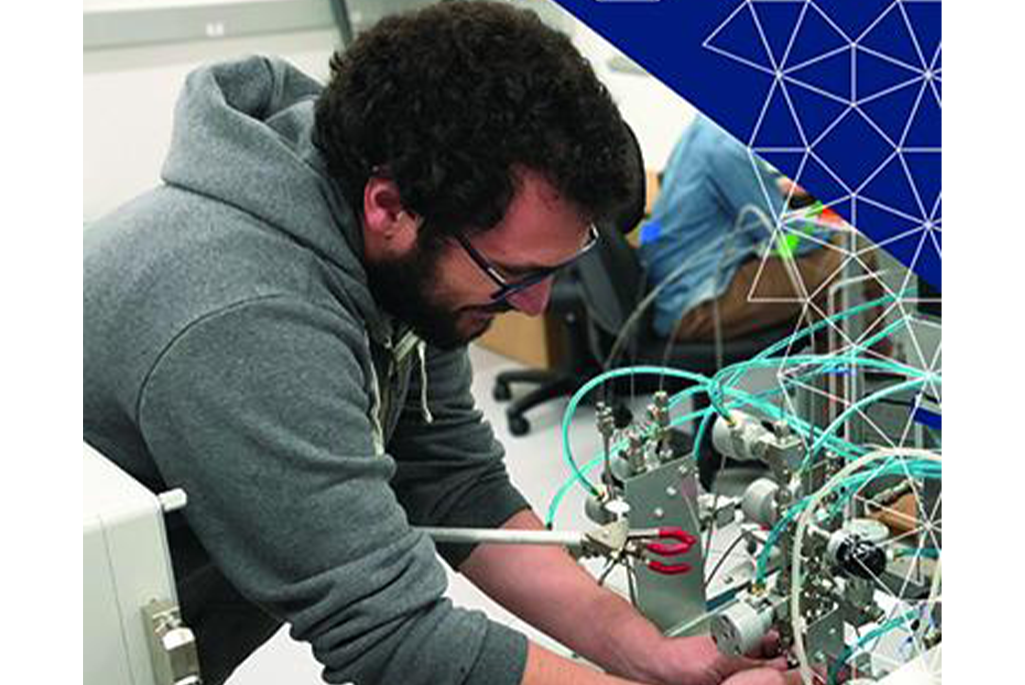The ECRP program, now in its 13th year, is designed to bolster the nation’s scientific workforce by providing support to exceptional researchers during the first 10 years following their Ph.D. The research grants will cover research expenses for five years.
Stolper is a geochemist whose research is focused on isotope geochemistry, particularly as it relates to low-temperature processes on and in Earth’s surface and subsurface in the present and past. His ECRP project is relevant to hydrogen storage and will examine the basic chemistry of the stable hydrogen isotopic composition of molecluar hydrogen (H2) as a potential means for measuring the reactivity of H2 when stored underground in subsurface rock.
Molecular hydrogen is a promising clean alternative to typical alternative fossil-fuel sources such as methane, coal, and oil and is complementary to other clean energy sources such as wind and solar as it can be produced by these processes and burns cleanly. To fully realize H2’s potential as a major energy resource requires the ability to both transport it from sites of generation and store it for later use. To this end, scientists are investigating how to store hydrogen in geological reservoirs underground in Earth’s subsurface for later on in the same way that natural gas is stored during winter. Because hydrogen is extremely reactive and volatile, it may react with water or minerals underground during storage, causing both loss of the original H2 and contamination with byproducts.
This study will attempt to measure this reactivity by simulating experimentally hydrogen storage in geological reservoirs within the laboratory and developing isotopic probes to measure the rates of reaction during storage as a means to assess, in near real-time, if reactions are taking place in the subsurface and the rate of these reactions.


